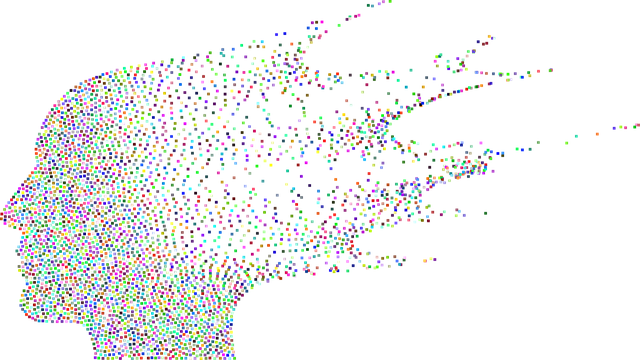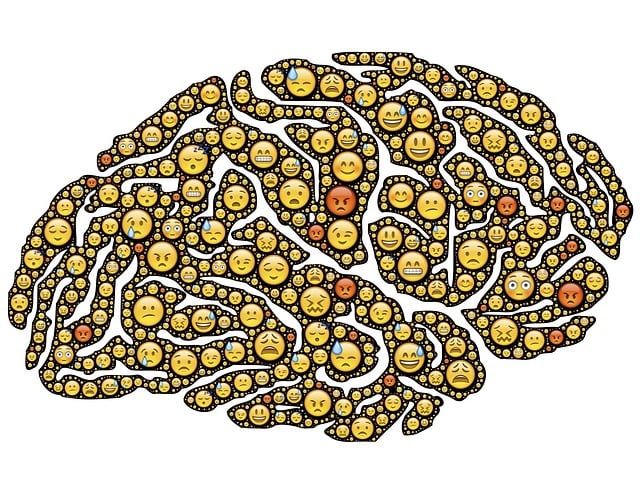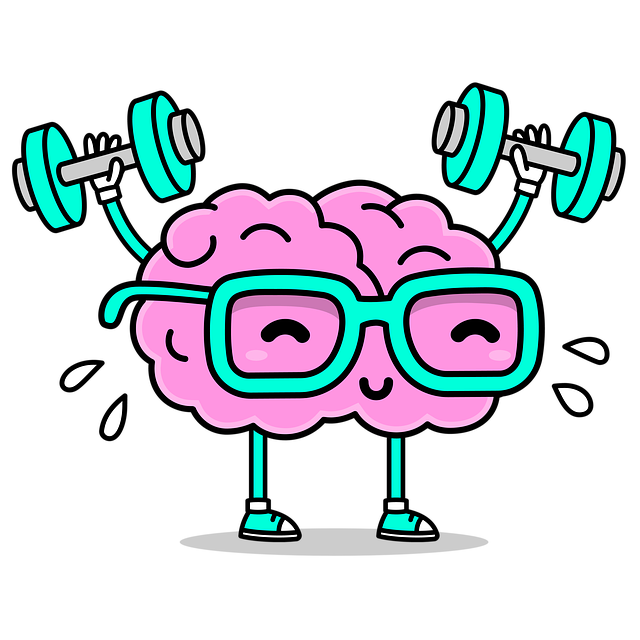Mental health challenges, often co-occurring with chronic illnesses, significantly impact adults' daily lives. To address this, therapy apps should incorporate Social Skills Training, Self-Esteem Improvement, and Burnout Prevention strategies tailored to users' unique needs. Key features include interactive symptom tracking, mindfulness exercises, CBT tools, stress management techniques, regular content updates, and privacy safeguards. By prioritizing accessibility, security, compassion cultivation, and adherence to mental health policies, these apps can effectively support adults with chronic illnesses in managing both physical and mental well-being.
In today’s fast-paced world, mental wellness apps offer a promising solution for managing adult chronic illnesses. This article delves into the critical aspects of developing effective therapy applications tailored to adults facing mental health challenges. We explore key features that enhance user engagement and provide support, while emphasizing the paramount importance of privacy, security, and accessibility in such apps. By understanding the unique needs of adults with chronic mental health issues, developers can create transformative tools for improved well-being.
- Understanding Mental Health Challenges and Chronic Illnesses in Adults
- Designing Effective Features for a Therapy App
- Ensuring Privacy, Security, and Accessibility in Adult Mental Wellness Apps
Understanding Mental Health Challenges and Chronic Illnesses in Adults

Mental health challenges are prevalent among adults, often intertwined with chronic illnesses that significantly impact daily lives. Conditions like anxiety, depression, and bipolar disorder are not merely fleeting emotions but persistent companions for many, requiring ongoing management and support. These mental health struggles can be exacerbated by chronic physical ailments, creating a complex web of issues. For instance, the relentless pain and fatigue associated with chronic illnesses can trigger or intensify emotional turmoil, leading to increased stress levels and a diminished quality of life.
Social Skills Training, Self-Esteem Improvement, and Burnout Prevention are strategies that play a pivotal role in addressing these dual challenges. Apps focused on therapy for adults with chronic illnesses must incorporate features that foster social connections, enhance self-worth, and teach coping mechanisms to combat burnout. By integrating these aspects, mental wellness apps can provide holistic support tailored to the unique needs of this demographic, ultimately empowering users to manage their mental health alongside their physical well-being.
Designing Effective Features for a Therapy App

Designing effective features for a therapy app requires a deep understanding of the user’s needs, especially when catering to adults managing chronic illnesses. One key feature could be an interactive symptom tracker that allows users to record their daily mood, physical sensations, and illness-related symptoms. This data can provide valuable insights for both the user and mental health professionals, enabling personalized therapy plans tailored to each individual’s unique challenges.
Additionally, incorporating emotional well-being promotion techniques like mindfulness exercises, cognitive-behavioral therapy (CBT) tools, and stress management strategies can significantly enhance the app’s utility. These features could include guided meditation sessions, mood journaling prompts, and educational content on various mental health topics. Regular updates with new content, such as a Mental Wellness Podcast Series Production, can also keep users engaged and provide ongoing support for their therapy journey.
Ensuring Privacy, Security, and Accessibility in Adult Mental Wellness Apps

In the realm of adult mental wellness app development, prioritizing privacy, security, and accessibility is paramount. As more individuals turn to digital tools for therapy and managing chronic illnesses, developers must ensure that sensitive data is protected. Encryption technologies and secure storage practices are essential components in safeguarding user information. Moreover, these apps should be designed with a comprehensive understanding of the user’s needs, especially when catering to diverse populations. Accessibility features such as intuitive interfaces, adjustable text sizes, and audio descriptions enable a broader range of adults with chronic illnesses to benefit from therapy.
Conforming to relevant Mental Health Policy Analysis and Advocacy guidelines ensures that these apps contribute positively to the larger mental health ecosystem. Incorporating Compassion Cultivation Practices and Self-Awareness Exercises can enhance user engagement and outcomes. However, developers must also be mindful of potential challenges like ensuring informed consent, maintaining data anonymity, and adhering to legal frameworks related to privacy and chronic illness management.
The development of mental wellness apps offers a promising avenue to address the growing need for accessible therapy for adults suffering from chronic illnesses. By combining user-centric design with robust security measures, these applications can provide much-needed support and improve overall mental health outcomes. As we continue to navigate the digital landscape, prioritizing privacy and accessibility will be key to creating effective tools that empower individuals to take charge of their well-being.














